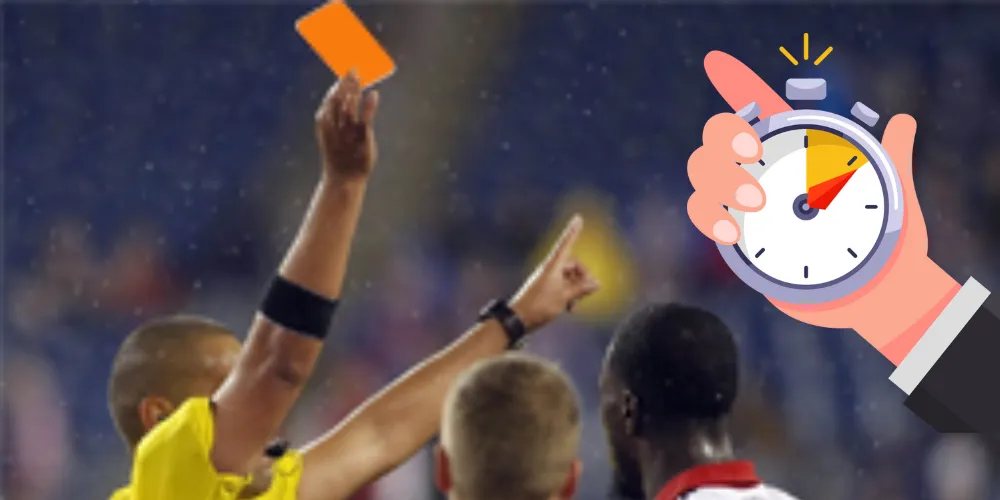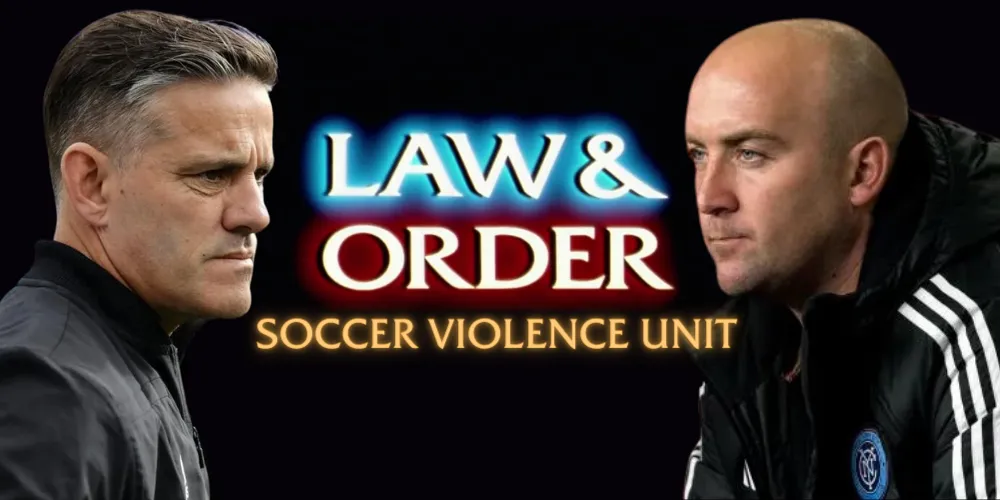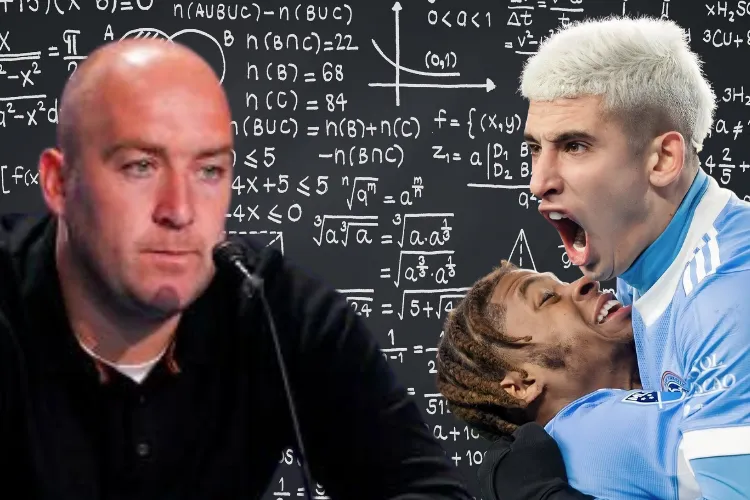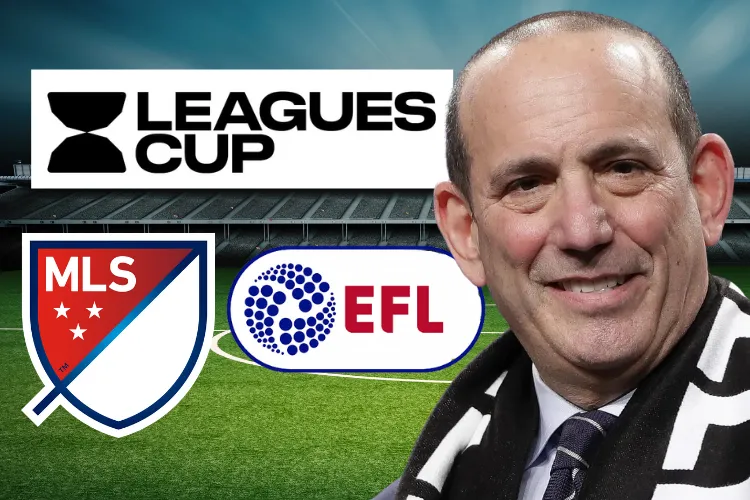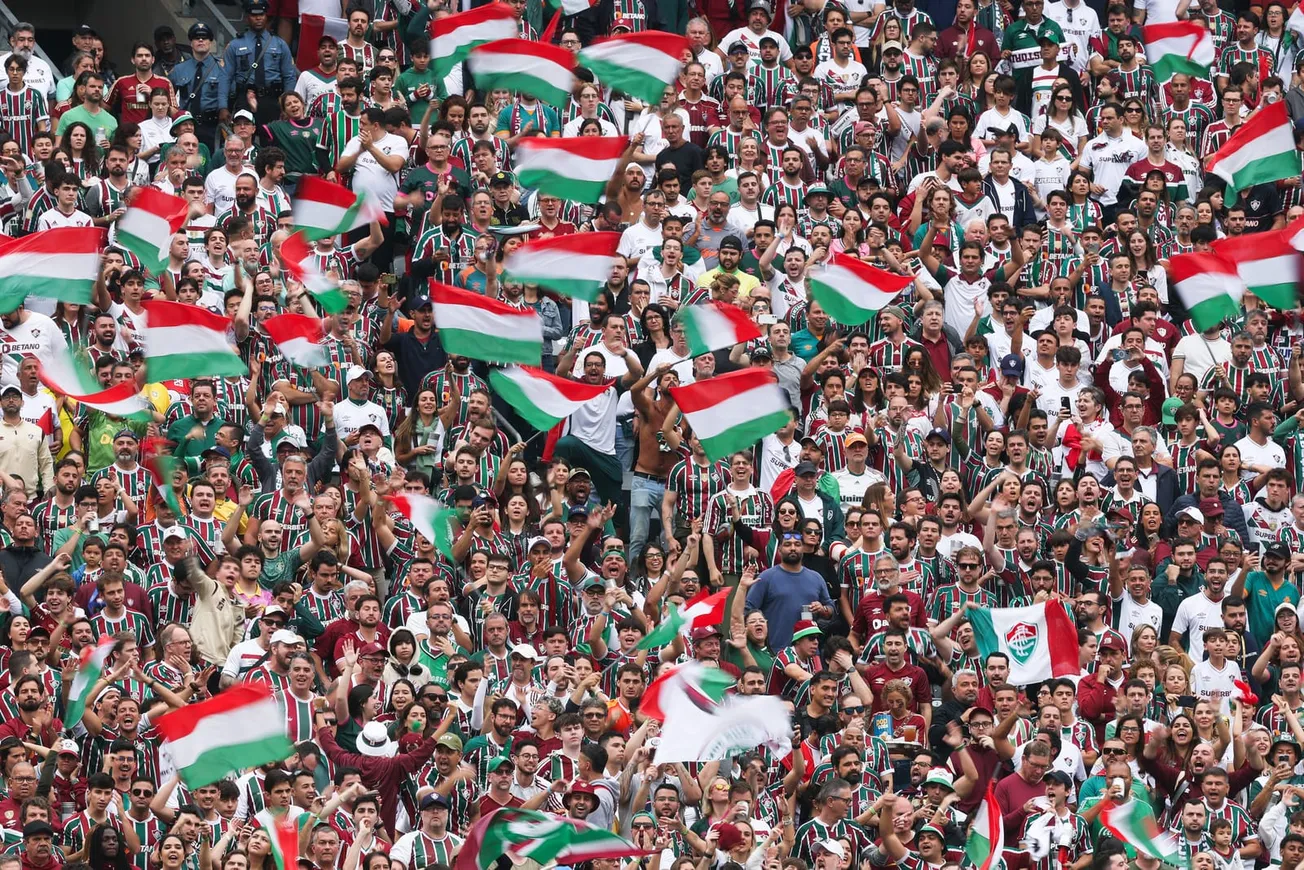“I went to a fight the other night and a hockey game broke out.”
– Rodney Dangerfield
With the announcement today that the International Football Association Board (IFAB), soccer’s rule-making body, would allow top pro leagues to incorporate timed penalties, or “sin bins,” for select yellow card offenses, and that MLS would be the first league open to testing such a rule system, the reaction of league supporters on social media was swift and severe.
To summarize: “WTF is Don Garber smoking?!?! LEAVE MY SPORT ALONE!!!”

Many sports have timed penalties for serious misconduct — most notably, pro hockey, which gives 2, 5 or 10-minute penalties to players, and their teammates play short-handed while the wronged team gets a “power play.”
Rugby and lacrosse utilize timed penalties as well, and even indoor soccer has hockey-style power plays with its “blue card” fouls.
But how do you apply that rule to a free-flowing sport like soccer, which has a running clock?
How the ‘sin bin’ will work in soccer…
At a glance, the avid soccer fan’s brain is already cramping up. “We already have a good system,” they’d say, “Stop messing with our game’s rules and fix the salary cap instead!”
And I’d agree — one yellow card for major fouls and offenses is the warning, and a second sends you off to the showers. And of course, a straight red card is available to send off the most violent players ASAP. (And yes, also fix the salary cap and add a Designated Player slot!)
What this new “sin bin” system would do is give the referee an option for an “orange” card — a way to punish very ugly-looking tackles that are more than the usual yellow card, but don’t quite live up to red-card status.
Plus, it would punish “tactical fouls” that purposefully stop a promising attack, or major violations that pro soccer that tried to curb such as players rushing at referees and surrounding them for no-calls or missed calls with dissent.
To signal these “super fouls,” referees would just raise their yellow card as normal, but then motion to the sidelines with their arms that the player is being sent off for a “temporary dismissal” (the FA’s term), which the fourth official would keep track of, with penalty time starting at the restart of play. The fourth official (or another league sideline official/timekeeper) would then signal the center referee at the penalty’s conclusion, and the center ref would waive on the player back to the field.
There’s no actual “penalty box” for the dismissed players to sit in. The FA’s rules state they should wait in the team’s technical area — right next to their manager, who may have a few choice words for the player who just put their team at a disadvantage.
It’s already been tested in “grassroots” levels of soccer in the UK. And the results were promising…
The English FA introduced sin bins as a punishment for dissent to all levels of grassroots football in the 2019-20 season, following a pilot in 31 leagues during the previous two terms. According to FA figures, those trials resulted in a 38 percent reduction in dissent across the leagues, with 72 percent of players, 77 percent of managers and 84 percent of referees wanting to continue with the change.
At a glance, here are my pros and cons:
• PRO: A player-advantage opens up interesting possibilities for tactics and substitutions that haven’t existed before.
Depending on when the advantage occurs, managers will have to decide whether to substitute in extra attackers to try to improve their scoring changes during the 10-minute advantage, and whether to use another of their five substitutions to take off that extra attacker for defense when the sides even up after 10 minutes.

